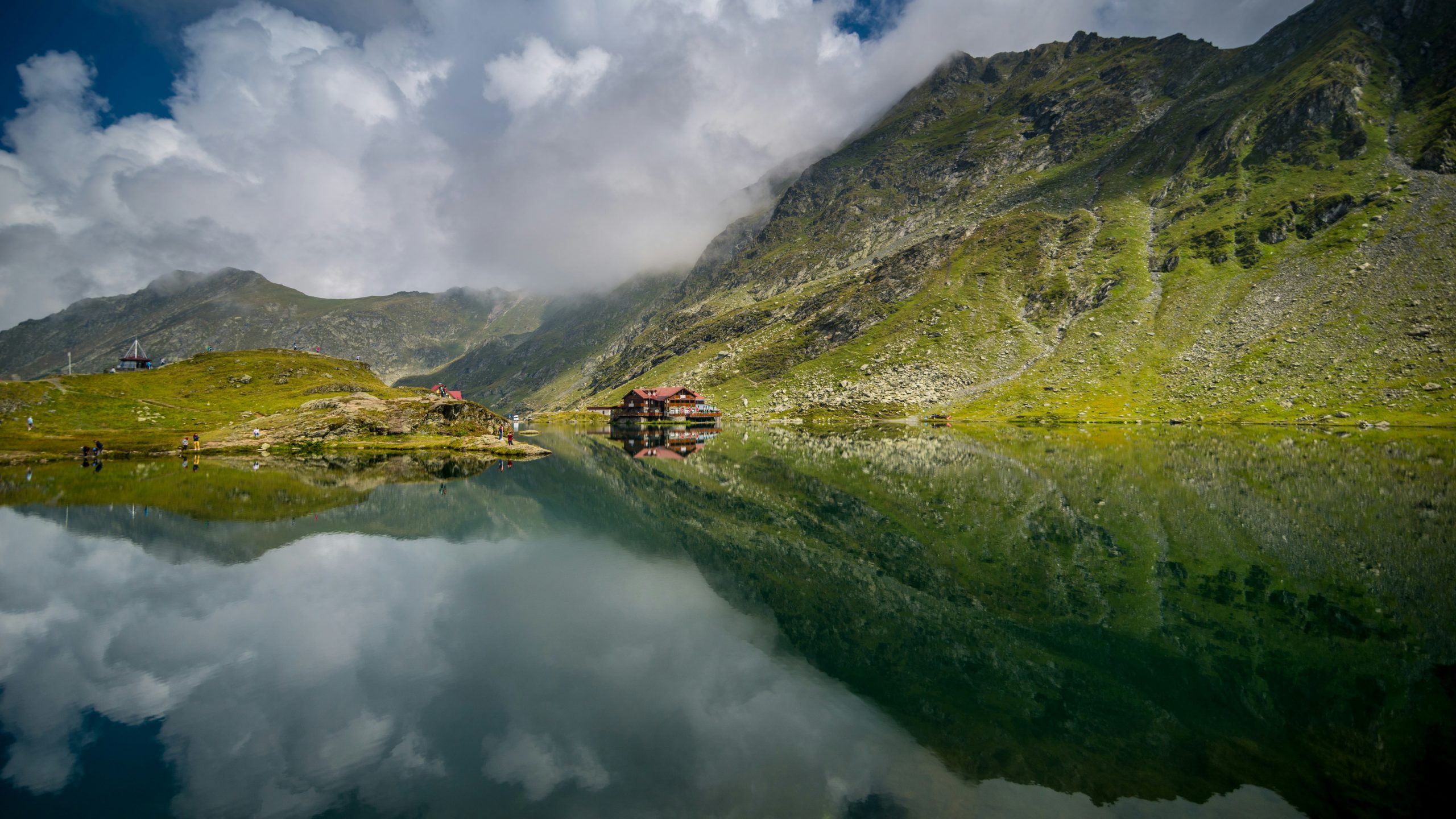Title: Analyzing the Impact of Senegal’s Political Crisis on the Tourism Sector
Introduction:
Senegal, known for its vibrant culture and beautiful landscapes, has recently been hit by a political crisis that is raising concerns about the state of its tourism industry. This article aims to examine the effects of the political turmoil on Senegal’s tourism sector and highlight the challenges faced by industry professionals.
1. Collapsed Bookings and Decreased Occupancy Rates
One of the immediate consequences of the political crisis is the significant drop in tourism bookings. Hoteliers in diverse regions of Senegal, such as Kédougou and the Petite Côte, have reported a sharp decline in reservations and occupancy rates. For example, a hotel manager in Kédougou revealed losses of nearly 70 million CFA francs (€106,714) within a month due to canceled bookings by international tourists and hunting enthusiasts drawn to the region’s abundant nature and wildlife.
2. Impact on Local Economy and Employment
Senegal’s tourism sector plays a crucial role in generating foreign currency and employment opportunities for the local population. The decline in tourist arrivals not only affects the revenue of hoteliers but also reduces employment prospects in the industry. With fewer tourists visiting popular destinations like Saly, where a manager of a four-star hotel has already lost his international clients due to the tense political atmosphere, local communities suffer the economic consequences.
3. Urgent Need for Clarity and Stability
The tourism industry in Senegal is heavily dependent on political stability and a clear election schedule. Industry professionals highlight the urgent need for an election date to be set to dispel the fog of uncertainty that has surrounded the country. Setting a new election date and ensuring a peaceful political transition will strengthen the confidence of international travelers in Senegal as a safe and stable destination.
4. Rebuilding the Tourism Sector
Recovering from the impact of the political crisis will require concerted efforts from both the government and industry stakeholders. It is crucial to invest in marketing campaigns and initiatives to promote Senegal’s unique attractions, such as its rich cultural heritage, wildlife reserves, and beautiful beaches. Collaborating with international travel agencies and tour operators can help attract tourists back to the country.
Conclusion:
Senegal’s tourism sector is facing significant challenges due to the ongoing political crisis. The decline in bookings, occupancy rates, and tourist arrivals has had a detrimental impact on the local economy and employment opportunities. However, with a clear election date set and collaborative efforts to rebuild the industry, there is hope for a resurgence in Senegal’s tourism sector. It is essential for the government and industry stakeholders to work together to restore confidence in the country as a desirable tourist destination.
